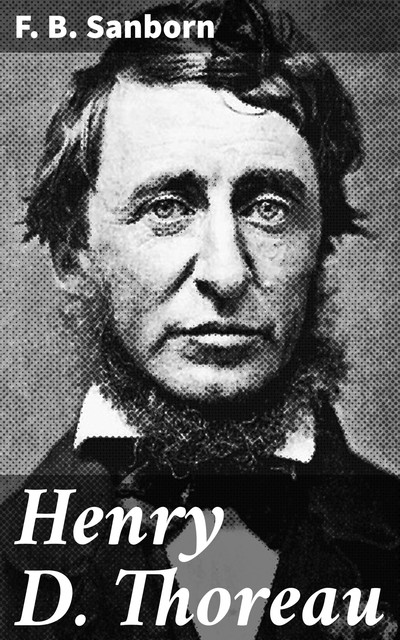In “Henry D. Thoreau,” F. B. Sanborn offers a meticulously crafted biographical portrait of the iconic American transcendentalist, capturing both the nuanced complexities of Thoreau's character and the profound philosophical ideas that shaped his work. Sanborn's literary style is rich and evocative, employing an analytical yet empathetic lens that situates Thoreau within the broader context of 19th-century American thought, particularly the transcendental movement. The book navigates Thoreau'Äôs reflections on nature, civil disobedience, and individualism, illustrating how his experiences'Äîparticularly his time at Walden Pond'Äîinformed his writings and larger existential inquiries. F. B. Sanborn was not only an admirer of Thoreau but also a contemporary who engaged with the same intellectual currents, providing him with a unique insider's perspective. His friendship with Thoreau and his involvement with the transcendentalist circle'Äîalongside figures like Emerson'Äîenabled Sanborn to produce a work that is both biographical and interpretative. This connection lends an authenticity to the narrative, as Sanborn draws from personal correspondence and anecdotes that highlight Thoreau's philosophical evolution. “Henry D. Thoreau” is an essential read for anyone interested in American literature, philosophy, and environmentalism. Sanborn'Äôs insightful analysis illuminates Thoreau not just as a writer but as a societal visionary whose thoughts resonate profoundly in today's ecological and social context. Readers seeking to understand the life and legacy of this extraordinary thinker will find Sanborn'Äôs account both enlightening and engaging.


